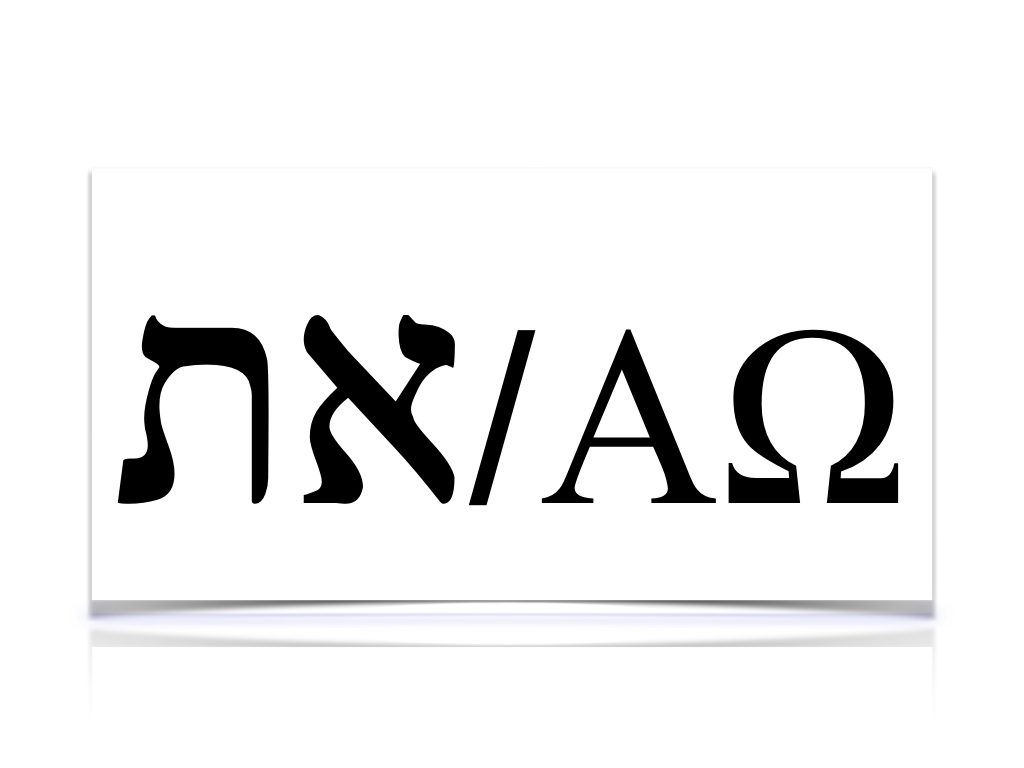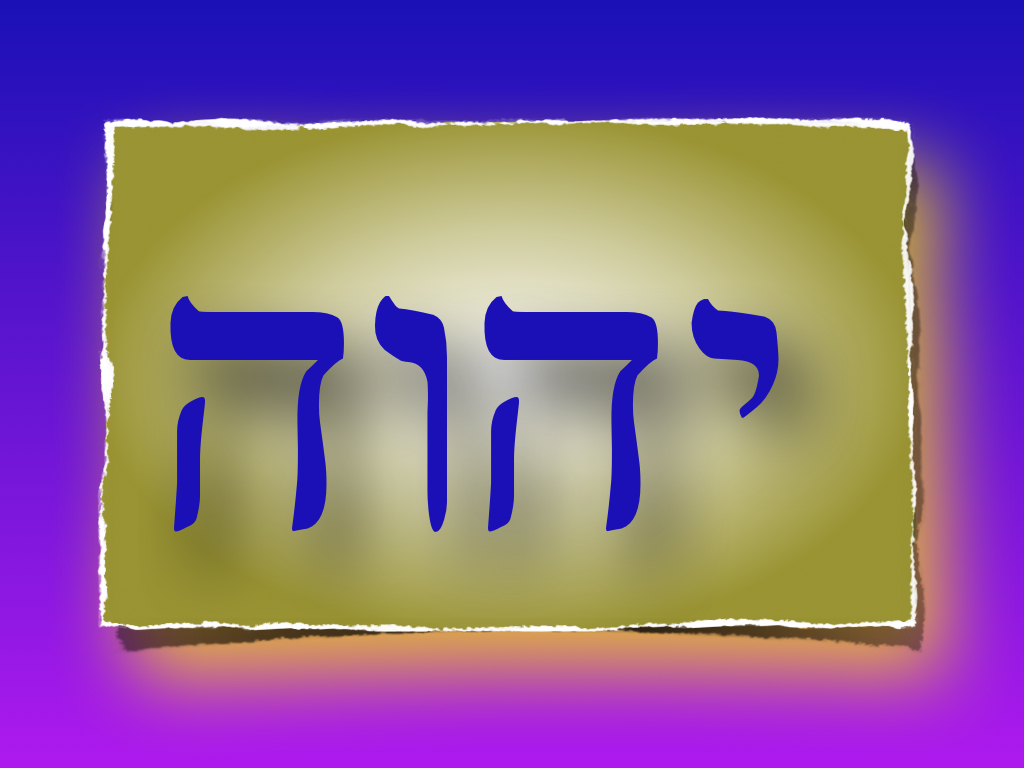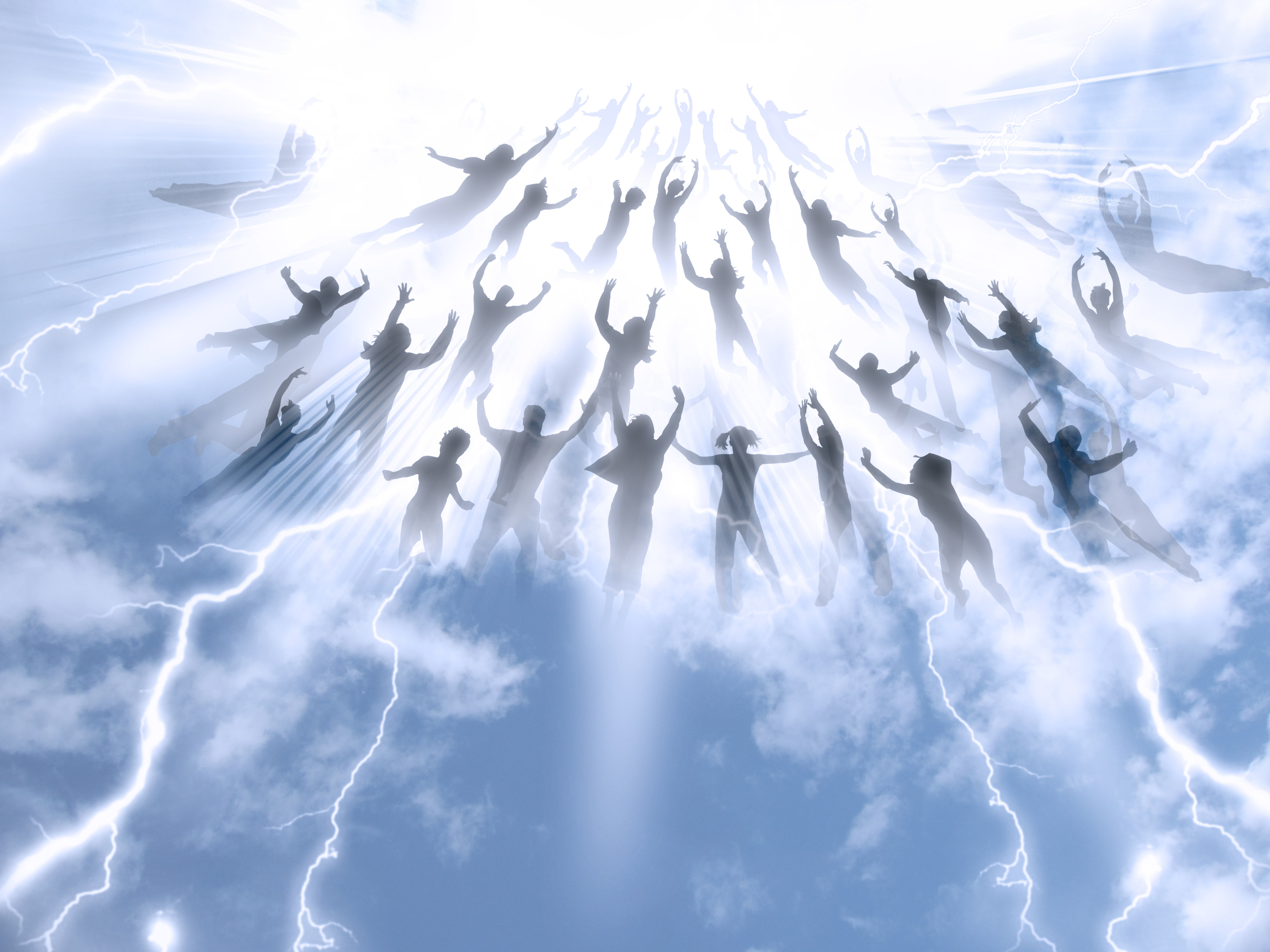
In the following short article, we’ll answer the following questions: Who is Elohim? Who is the Word of Elohim?Who’s was Yeshua? What did the apostles believe about the deity of Yeshua,? Who was the God of the Tanakh (OT)?
John 1:1, The Word was Elohim. Is Yeshua or the Father the God (Elohim) of the Old Testament (Tanakh)? For many believers in Yeshua, there is confusion as to who it was in the Godhead who interacted with the Israelites in the Tankah. Was it the Father or the Son? In the minds of the apostolic writers, there was no confusion about this. Yeshua, in his preincarnate state, was the One that YHVH Elohim the Father used to both create (John 1:3; Col 1:16; Heb 11:3), and then to interact with mankind. He was the Word of YHVH Elohim, the Father, who become flesh and dwelt among men (verse 14). This truth is easily confirmed in several passages in the Testimony of Yeshua (New Testament).
First, Yeshua himself claims to be YHVH or the I Am of the burning bush (see John 8:58 cp. Exod 3:14). The Jews viewed Yeshua’s claim to be deity as blasphemous, which is why they picked up stones to kill him (John 8:59). Next, Yeshua in declaring to the Jewish religious leaders that “I send you prophets, wise men and scribes: some you will kill…” (Matt 23:34), he is claiming the rights and prerogatives of YHVH — a right and role that solely belonged to YHVH in the Tanakh.
Yeshua also declared that no man has seen the face of Elohim the Father (John 5:37). Yet in the Torah, we have several instances of men seeing YHVH (e.g. Gen 17:1; 18:1; 26:2; 48:3). If we are to take what these scriptures say literally, then it could not have been YHVH the Father these individuals saw, but rather YHVH the Son who later become Yeshua. Not only that, Yeshua even goes so far as to say that the Israelites of old not only never saw the Father’s face, but neither at anytime even saw his form nor heard his voice (John 5:37). Therefore, it becomes evident that while on Mount Sinai, Moses didn’t see the backside of the Father, but rather that of the pre-incarnate Yeshua (Exod 33:18–23).
What’s more, in John 14:15, Yeshua, speaking to his disciples, declares, “If you love me, keep my commandments.” When Yeshua says commandments here, we know from Luke 18:20 that he has the Torah in mind. In this statement, Yeshua is actually quoting himself when he made the same statement to the children of Israel while he was delivering to them the Oracles or Torah of Elohim at Mount Sinai (Exod 20:6; Deut 11:1).
Stephen, in agreement with John, clearly demonstrates that Yeshua was the prophesied “prophet like Moses” who was to come (see Deut 18:15), and who was the Angel, or more correctly, the Divine Messenger from Elohim, who gave the Torah to the Israelites (Acts 7:37–38). Paul goes on to say in enigmatic terms that Yeshua was the spiritual rock from which the Israelites drank and that followed them (1 Cor 10:4). And finally, Paul equates Yeshua, “the Word of Elohim made flesh and that dwelt among us” (John 1:14) with the Written Torah which YHVH gave through Moses to the Israelites. This he does when he quotes Deuteronomy 30:11–14 and substitutes the word Torah for Yeshua (see Rom 10:5–13). In Paul’s mind, Yeshua was not only synonymous with the Torah, but he was very much present with the children of Israel.
The Word was Elohim. Numerous scriptures in the Testimony of Yeshua clearly show that the apostolic writers believed in the deity of Yeshua (see Matt 1:23; Luke 24:52; John 5:18; 8:58–59; 9:38; 10:33; 19:7; 20:28; Phil 2:6; Col 2:9; 1 Tim 3:16; Tit 2:13; Rev 21:3, 6, 23; 22:1–5). Amazingly, even James (Heb. Ya’acov), the writer of the epistle that bears his name and believed to be the biological half brother of Yeshua equates Yeshua with YHVH of the Tanakh (Jas 5:7, 8, 10, 11 cp. 1:1). This is evident in his usage of the word “Lord” where he equates the Lord Yeshua (verses 8 and 10) with the LORD (or YHVH) of the Tanakh (verses 10 and 11).
The Word was Elohim. The Greek grammar of this statement is very specific. It says, “and the Word was God/Elohim.” It doesn’t say, “And the Word was the God,” which is Sabellianism or modalism, which is the belief that the Heavenly Father, Resurrected Son and Holy Spirit are different modes or aspects of one monadic Elohim. It also doesn’t say, “and the Word was a god,” which is Arianism, which is the belief that Yeshua the Son of God did not always exist, but was created by and is therefore distinct from and inferior to Elohim the Father (Basics of Biblical Greek, pp. 27–28, by William Mounce).
What Is the Word/word of Elohim from a Hebraic Perspective?
The Word of Elohim is my best friend. The word of Elohim is not my best friend. Notice the difference between these two sentences? In the first sentence, Word is capitalized; in the second, it is not. In my post, I capitalized the word Word for a reason. There is a big difference between the two. People can religiously worship words on a page or a book. I worship him who wrote those words and recognize them to be a his words, and a reflection of his very heart, mind, will and character.
Yeshua is the Word of Elohim. John 1:1–2, 14 says,
In the beginning was the Word, and the Word was with Elohim, and the Word was Elohim. He was in the beginning with Elohim….And the Word became flesh and dwelt among us, and we beheld His glory, the glory as of the only begotten of the Father, full of grace and truth.
Yeshua and his word are indivisible. To love his word is to love him. He is his word. This is Hebraic thought.
Hebraically, a person and their character and reputation are inseparable. They are who and what they are.
In our Western Greek mindset, we tend to separate a person’s word from them. This is not a biblical, Hebraic approach.
For example, the Hebrew word debar not only means “a word” but also “a thing.” Here there is no separation between form and substance. If there is no substance, there is no form.
In Greek thought, we tend to look at the outward appearance of something and separate it out from its substance or essence. For example, we look at a building and declare how beautiful it looks on the outside, or how handsome someone looks, or how good that cup or cave looks on the outside.
In Hebraic thought, we are told not to judge according to appearance, but according to righteousness (John 7:24)—to judge something by its fruit (Matt 7:16–20). We have to look at the heart of the matter, or the person, and make our judgments based on that. That is the real essence of what something is—not what it merely appears to be on its surface. For example, Samuel saw how lovely David looked, but YHVH was looking at David’s heart, not at his handsome appearance when he chose him to be king over Israel (1 Sam 13:14). Interestingly, when the heart is right, the outward appearances will be beautiful as well. It kind of follows!
Yeshua rebuked the religious hypocrites of his day for looking good on the outside, but actually being hideous on the inside (for being a dirty cup or a whitewashed tomb). He also said that the words that come out of one’s mouth, in reality, reflect the true condition of one’s heart (Luke 6:45).
So word and thing have the same equivalence in Hebraic thought.
In Hebrew thought, vanity is defined as one’s words and actions not lining up with each other. If a person says one thing, and does another thing, then it’s considered to be emptiness or vanity. It’s nothing—only hot air or wind.
So to bring this discussion back full circle, Yeshua is his word and his word is him because Hebraically a thing and a word are the same thing. That’s why the Word of Elohim is my best friend. It’s a whole lot more than words on a page to me—it’s the reflection of the mind, heart, character and will of the Author of the Bible which who he is. He and his words are inseparable.
We have a saying, “A man is only as good as his word.” This is a step in the right direction to understanding better the Hebraic approach in regards to someone and their words. In the Bible, Elohim IS the/His W/word!






